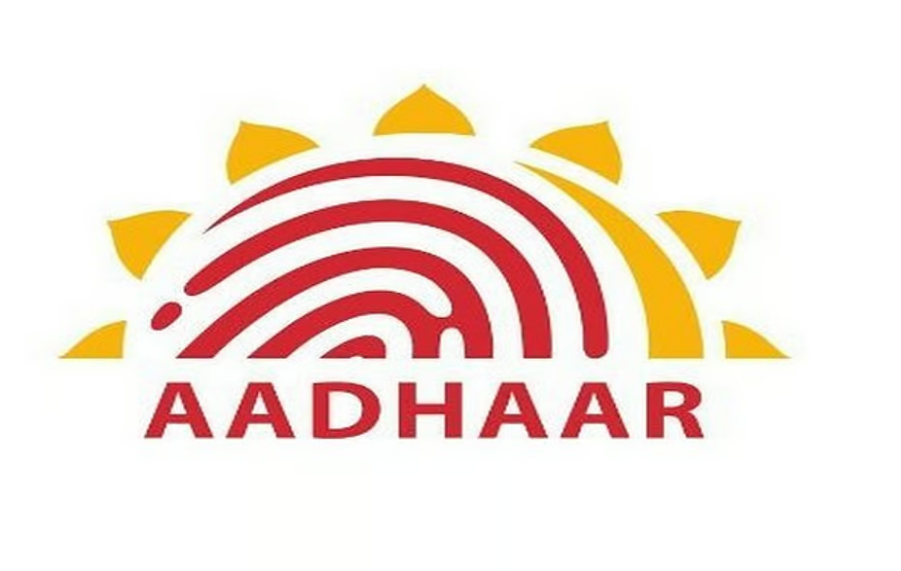
The Election Commission of India (ECI) now examines voter ID (EPIC) and Aadhaar association after discontinuing this process because of 2015 legal and protection issues. The institutional decision occurred after opposition parties accused the commission of manipulating voter lists while permitting duplicate EPIC identification numbers. Through its impartial election management functions the ECI maintains the democratic processes of India. Through its operations the ECI delivers elections that are fair along with being transparent across all levels.
Background: EPIC-Aadhaar Linking Efforts
-
The Electors Photo Identification Card serves as the acronym for Electors Photo Identification Card along with its common name of Voter ID.
-
2015 Attempt:
-
The EC started NERPAP as a plan to cleanse voter rolls of duplicate enrollment.
-
Within three months the linking of Aadhaar with 30 crore (300 million) voters was successfully accomplished.
-
The Supreme Court issued its verdict to prohibit making Aadhaar mandatory which resulted in NERPAP being placed on hold during August 2015.
Current Developments
-
The revival of Aadhaar-Voter ID linkage has been discussed by Chief Election Commissioner Gyanesh Kumar with officials from the government.
Government Stand:
-
American voters maintain total freedom to link their information, yet this option does not affect their membership on electoral rolls.
-
The government created no mandatory target date for the Aadhaar-Voter ID linking process.
Key Considerations
A. Social Aspects
-
Pros:
-
Clean voter lists become possible due to the elimination of both bogus voting and duplicate entries within the system.
-
The procedure enhances voting authentication mechanisms and maintains democratic electoral systems.
-
-
Concerns:
-
Privacy risks and potential misuse of Aadhaar data.
-
Particular populations who face higher risks of losing their voting rights become most vulnerable during this process.
-
B. Economic Aspects
-
Pros:
-
The process of linking reduces the expenses associated with electoral fraud and fake voter ID production.
-
Election validation procedures become easier through this system making electoral procedures run more efficiently.
-
-
Concerns:
-
Gender Qualified extensive financial support together with technical requirements are essential to execute this system.
-
The use of digital infrastructure in the voting system presents a challenge to voters with limited access to Aadhaar because it depends heavily on these systems.
-
Election Commission of India (ECI)
-
The autonomous constitutional authority known as Election Commission of India (ECI) executes administrative duties to conduct elections at all levels throughout India.
-
Through its work the commission provides open and honest elections which are operated with full transparency across all levels.
Key Facts
-
Established: January 25, 1950
-
Constitutional Provision: Article 324 of the Indian Constitution
-
Headquarters: New Delhi
Composition:
-
Chief Election Commissioner (CEC) – Heads the Commission
-
Two Election Commissioners (since 1989)
Functions & Responsibilities
-
The Commission manages Lok Sabha Rajya Sabha State Assembly and Presidential elections as part of its conducting duties.
-
The organization maintains electoral lists while preparing them for usage.
-
The Model Code of Conduct ensures the regulation of political party and candidate activities.
-
Voter Education & Awareness – Encourages voter participation.
-
Political Party Regulation – Recognizes and deregisters political parties
Conclusion
Linking Voter ID with Aadhaar presents dual advantages for electoral transparency but simultaneously generates issues regarding voter identification protection. By taking a voluntary approach the EC seeks to achieve security measures while protecting individual rights despite ongoing public discussions about data protection and voter disenfranchisement.



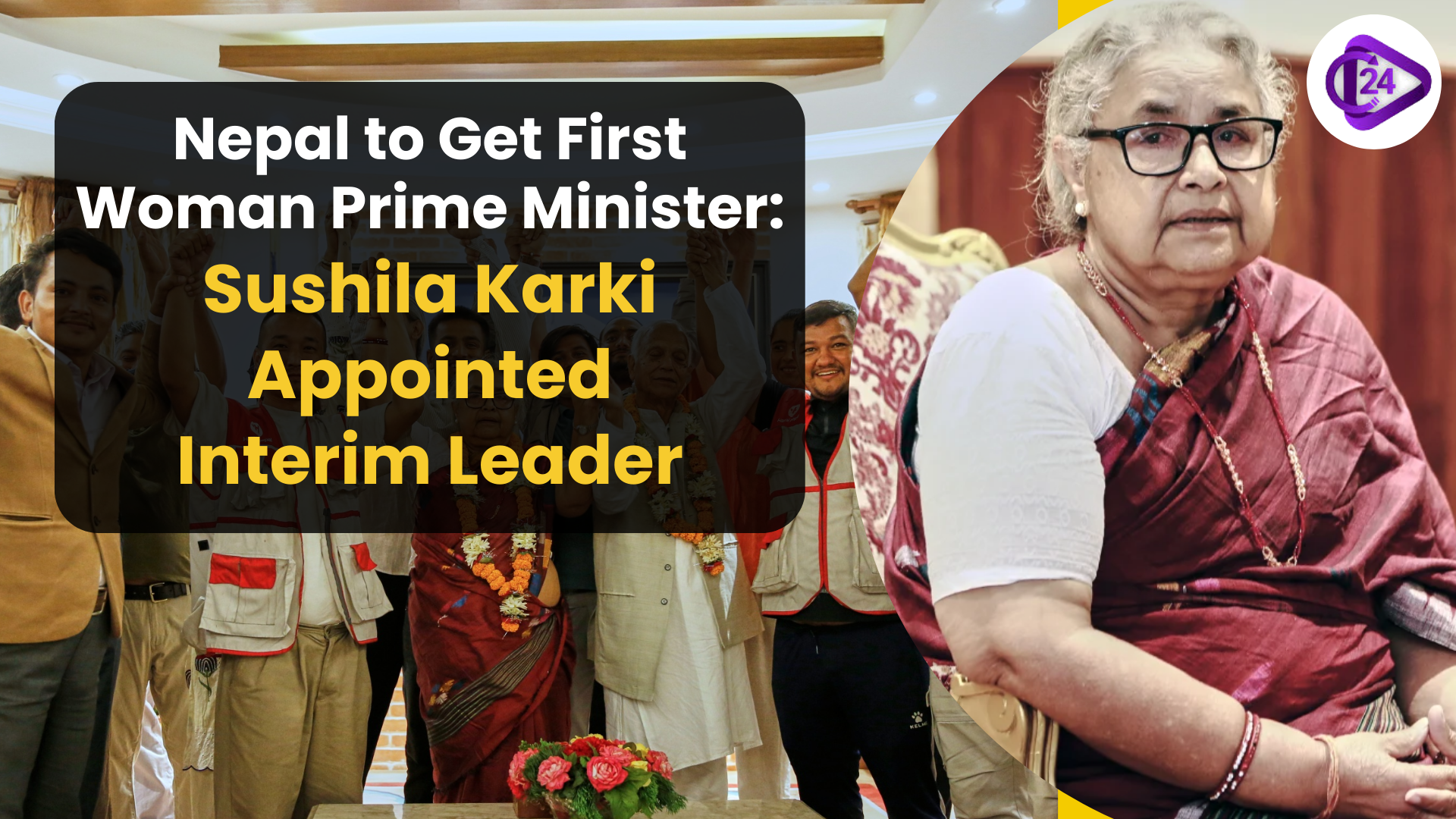 Nepal to Get First Woman Prime Minister: Sushila Karki Appointed Interim Leader
Nepal to Get First Woman Prime Minister: Sushila Karki Appointed Interim Leader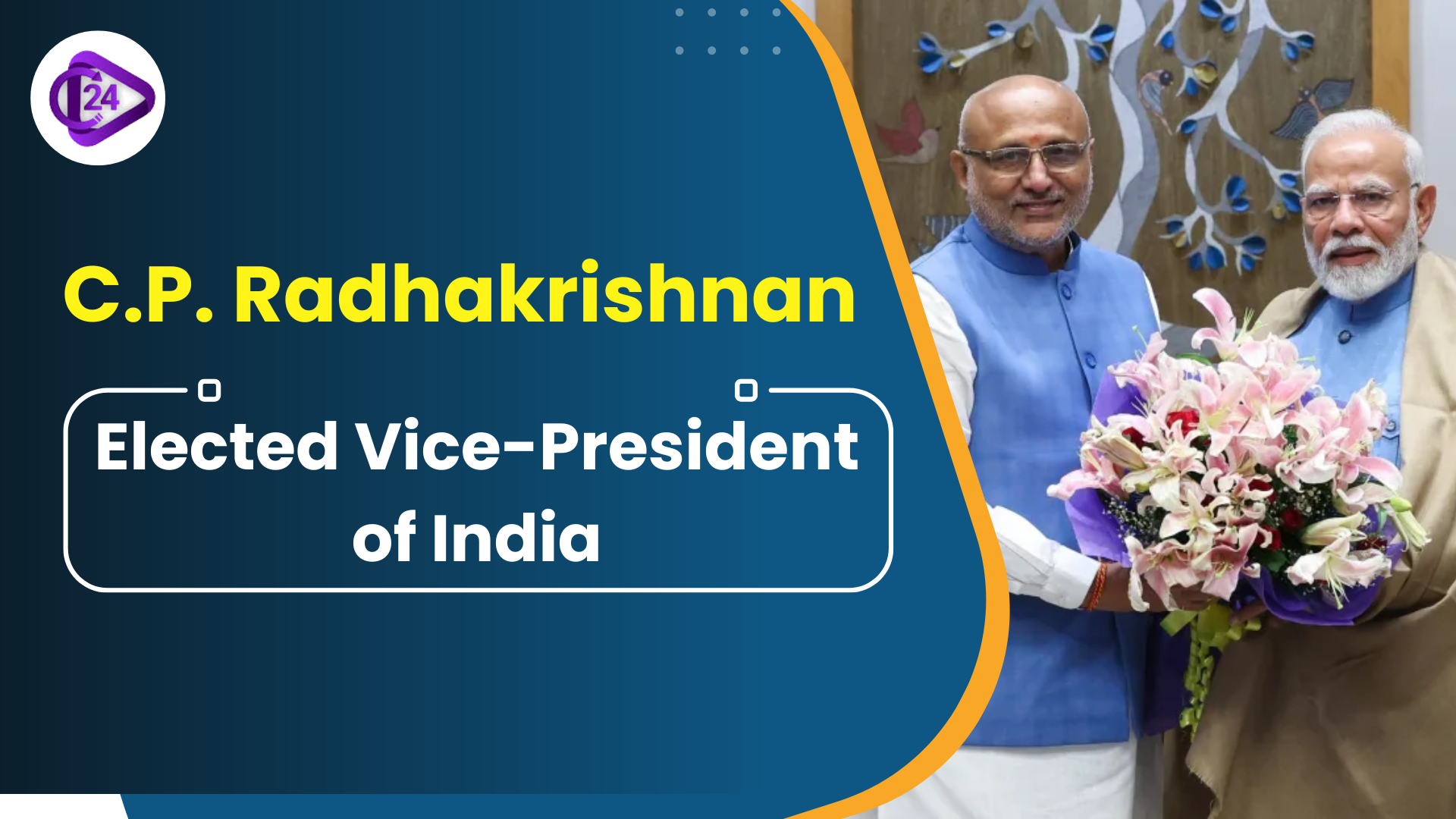 C.P. Radhakrishnan Elected Vice-President of India
C.P. Radhakrishnan Elected Vice-President of India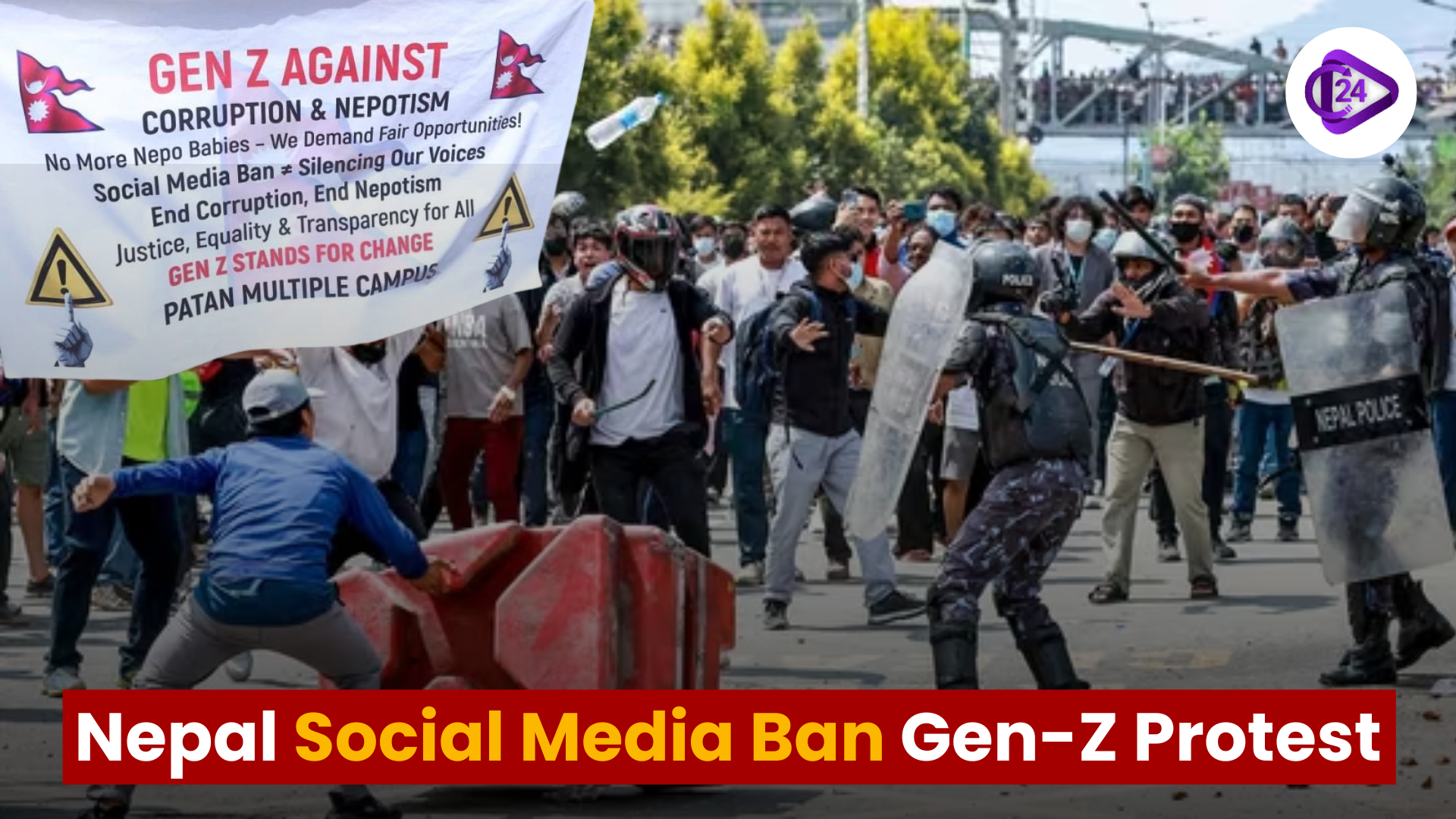 Nepal Social Media Ban Triggers Mass Gen-Z Protests
Nepal Social Media Ban Triggers Mass Gen-Z Protests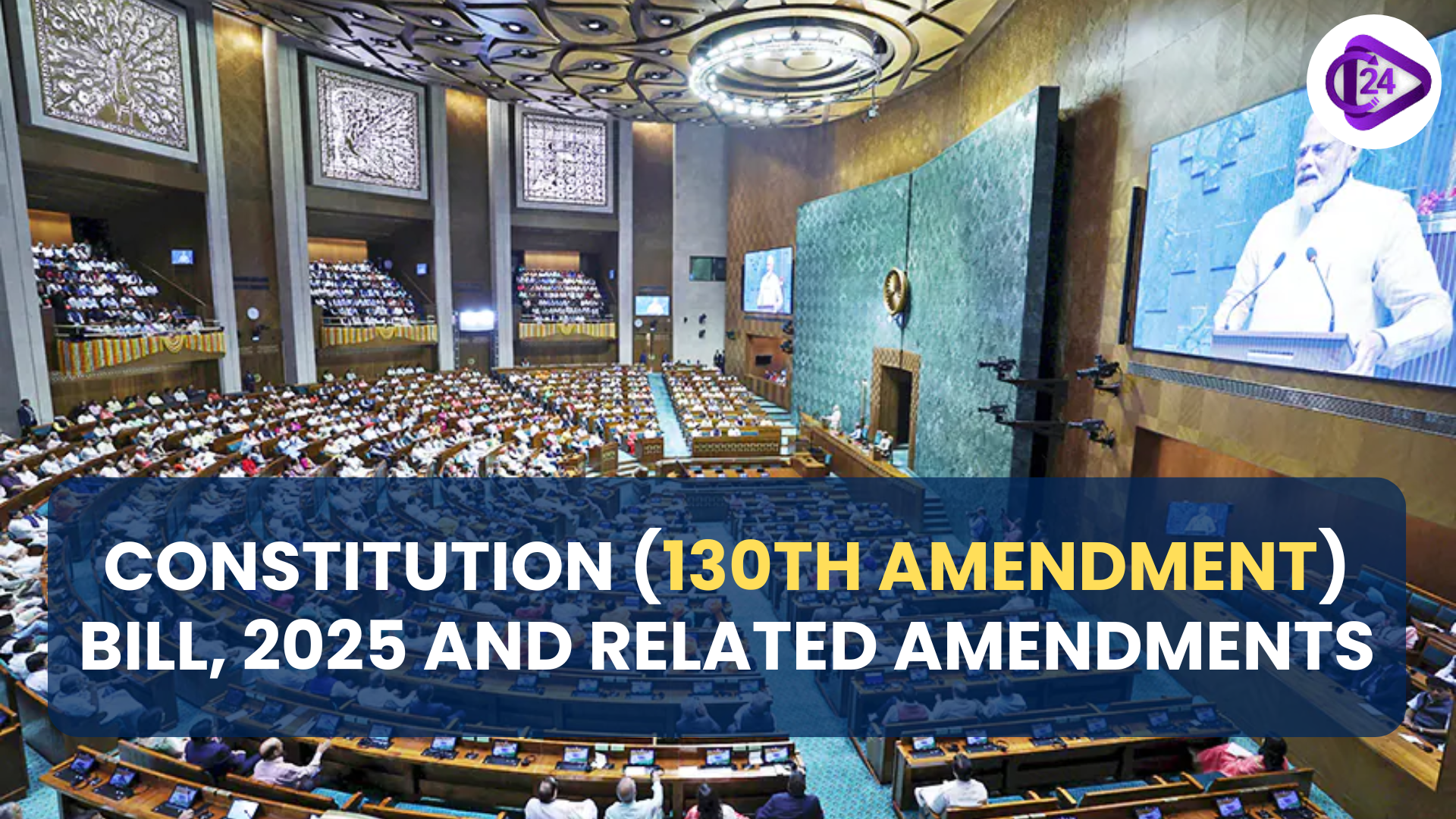 Constitution (130th Amendment) Bill, 2025 and Related Legislations
Constitution (130th Amendment) Bill, 2025 and Related Legislations The Role of Preventive Health Screenings in Achieving a Healthier India
The Role of Preventive Health Screenings in Achieving a Healthier India PM SVANidhi Yojana: Empowering Street Vendors with Financial Inclusion
PM SVANidhi Yojana: Empowering Street Vendors with Financial Inclusion Chhattisgarh Govt. Cuts Thousands of Forest Rights Titles
Chhattisgarh Govt. Cuts Thousands of Forest Rights Titles Ladakh Statehood & Sixth Schedule Demand Intensifies
Ladakh Statehood & Sixth Schedule Demand Intensifies






